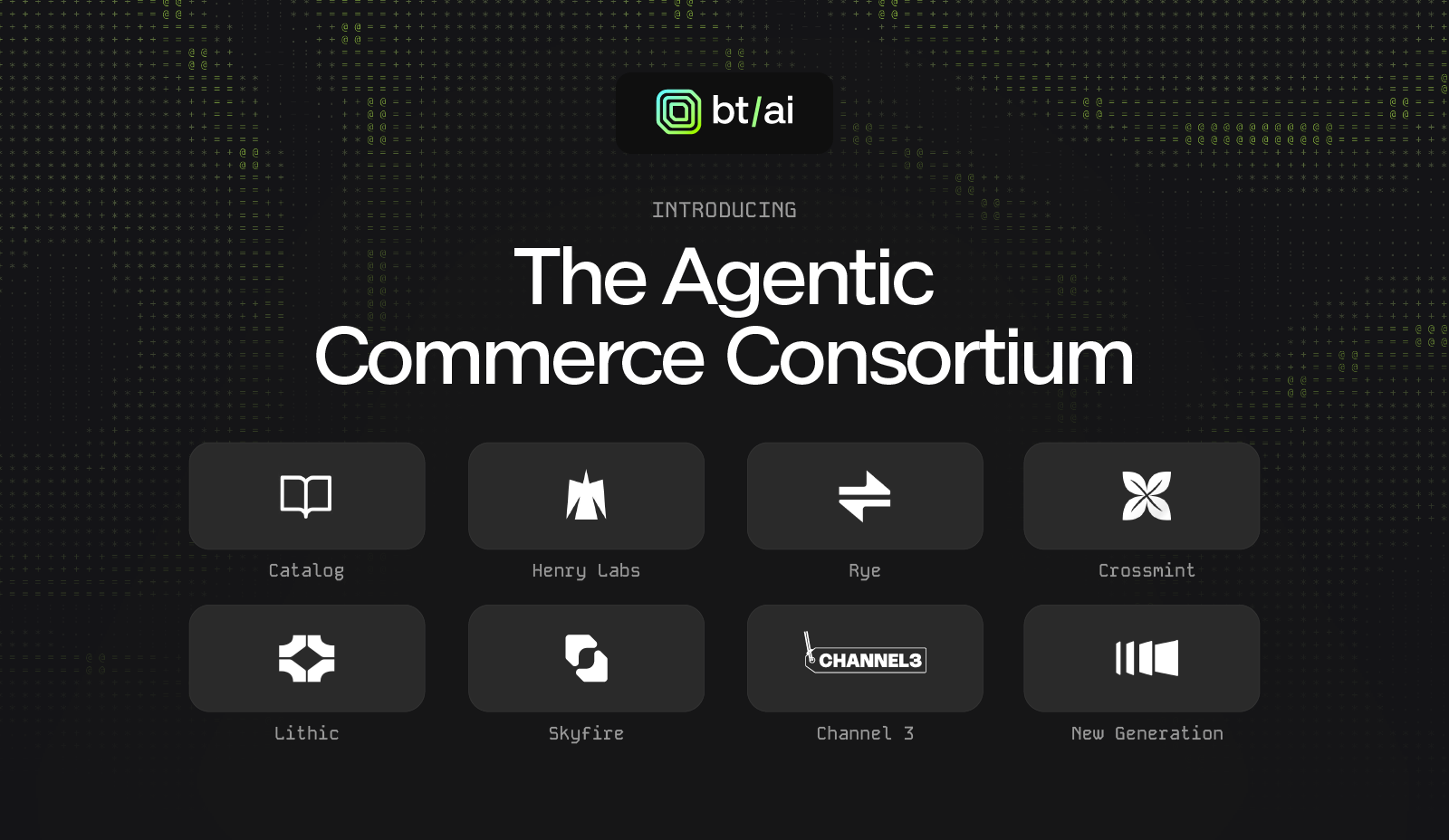What Our Series B Means for Payments and Agentic Commerce

Table of Contents
One of my favorite company values here at Basis Theory is this concept we have of Slope Matters. Growth (in all areas) is critically important but it has to be relative to the speed by which we are achieving it (and, no, I don’t necessarily mean 9-9-6). As a deeply commercially-minded founder, this often gets reinforced to the team as it relates to revenue and the associated commercial activities—but that is really just an output of driving slope across all of the various inputs. And I rely on this framework as it relates to the capitalization of our business too…
I recall early on listening to one of Keith Rabois’ signature talks about a startup's runway only mattering in the context of ‘lift’, and I thought, “That’s Slope Matters!”
While it certainly hasn’t been all up and to the right over the past 4.5 years, we hit a real inflection point with the business last year as the market rallied around our longstanding view(s) on how the future would play out - and our ability to deliver a scalable platform that could accelerate our customer’s ability to adapt and modernize, quickly. Then, earlier this year, as we saw the agentic commerce wave coming and decided to jump in with both feet, I knew it was time to pour the proverbial gasoline on the fire and drive liftoff—or slope.
Series B Announcement
Today I’m proud to share that Basis Theory has raised $33 million in Series B funding. The round was led by Costanoa Ventures alongside Stage 2 Capital and Moneta VC, with continued support from some of our earliest backers including Bessemer Venture Partners, Kindred Ventures, Box Group and Offline Ventures.
This funding represents more than capital, it validates our mission of giving merchants control over their payments data, and the flexibility to innovate on their own terms.
As Amy Cheetham, Partner at Costanoa put it:
“Basis Theory is at the forefront of a dramatic shift as AI reshapes e-commerce as we know it. By giving merchants secure, real-time control over payment data, Basis Theory enables AI agents to authorize transactions, personalize experiences, and drive autonomous purchasing. Basis Theory is not just keeping up with the future of commerce, they’re building it.”
Enabling Agentic Commerce
Agentic commerce is on the rise. The buzz around AI is everywhere.
And Basis Theory is well-positioned to support it.
At a time when orchestrators, PSPs, and tokenization providers are taking control over payment flows, Basis Theory is giving merchants control of their payments stack through a single API layer.
In June, we launched basistheory.ai, a unified platform for agentic commerce. Last month, we formed the Agentic Commerce Consortium to give merchants the ability to opt-into agentic commerce in a secure, controlled manager.
And yet, this is still just the tip of the iceberg. In the coming months, this funding will empower us to:
- Accelerate the development of agentic payments. We’re building the capabilities to allow AI agents to initiate, approve, and manage transactions in a secure, PCI-compliant environment.
- Expand platform capabilities to support more payment methods, and global use cases that empower merchants to operate without borders.
- Scale faster and facilitate the adoption of agentic products that are optimized for a post-quantum world.
Because agentic commerce enables AI agents to handle shopping and transactions on behalf of human users, this investment will help merchants, platforms, and even machines move beyond simple assistance and start transacting more confidently, and securely.
Having a 5 Year Plan
In five years, we will look back on this moment as the turning point for agentic commerce.
As you continue exploring agentic payments and payment optimization let’s discuss your use case. Paired with our core product, an agnostic payment vault, we can still help with:
- Reducing vendor lock-in.
- Improving authorization rates without double or triple paying for card enrichments.
- Consolidating and securing payment data, removing as much as 90% of PCI compliance requirements.
Start with this white paper from the Agentic Commerce Consortium. The decisions you make today will determine how prepared your company is for agentic commerce over the next five years.
.png?width=365&height=122&name=BTLogo%20(1).png)



